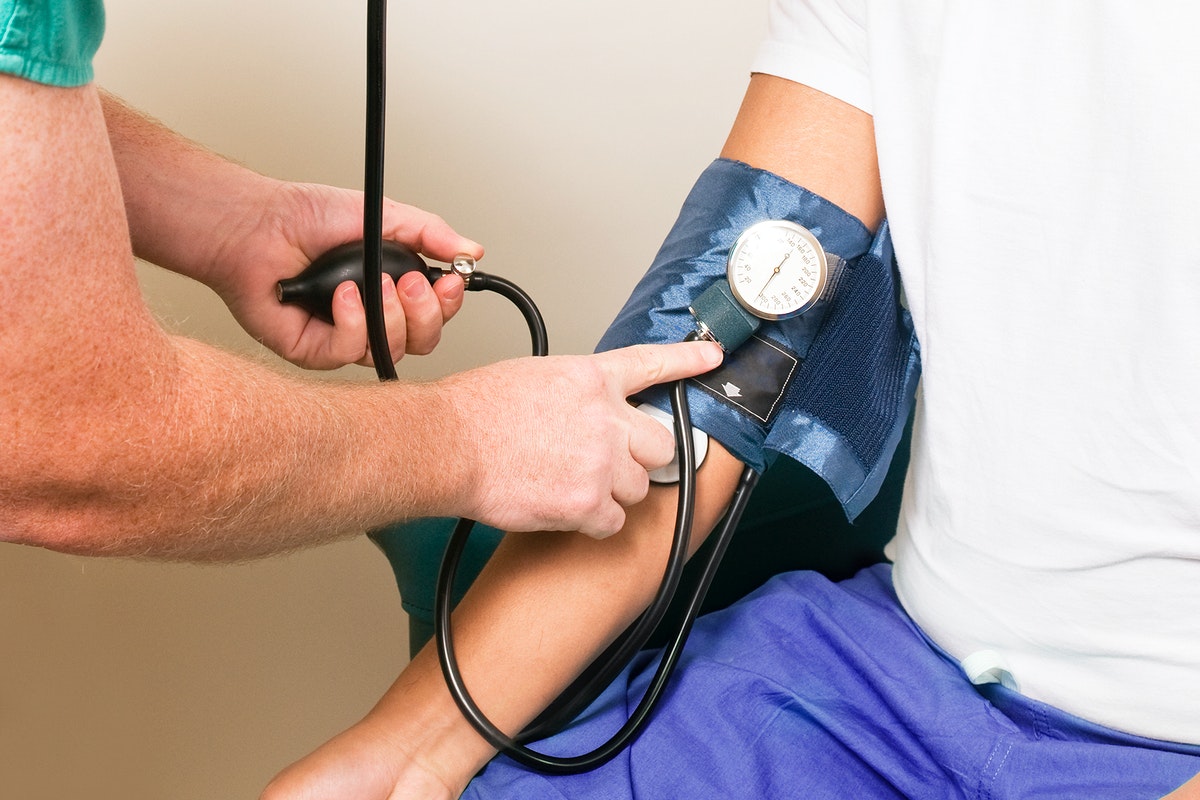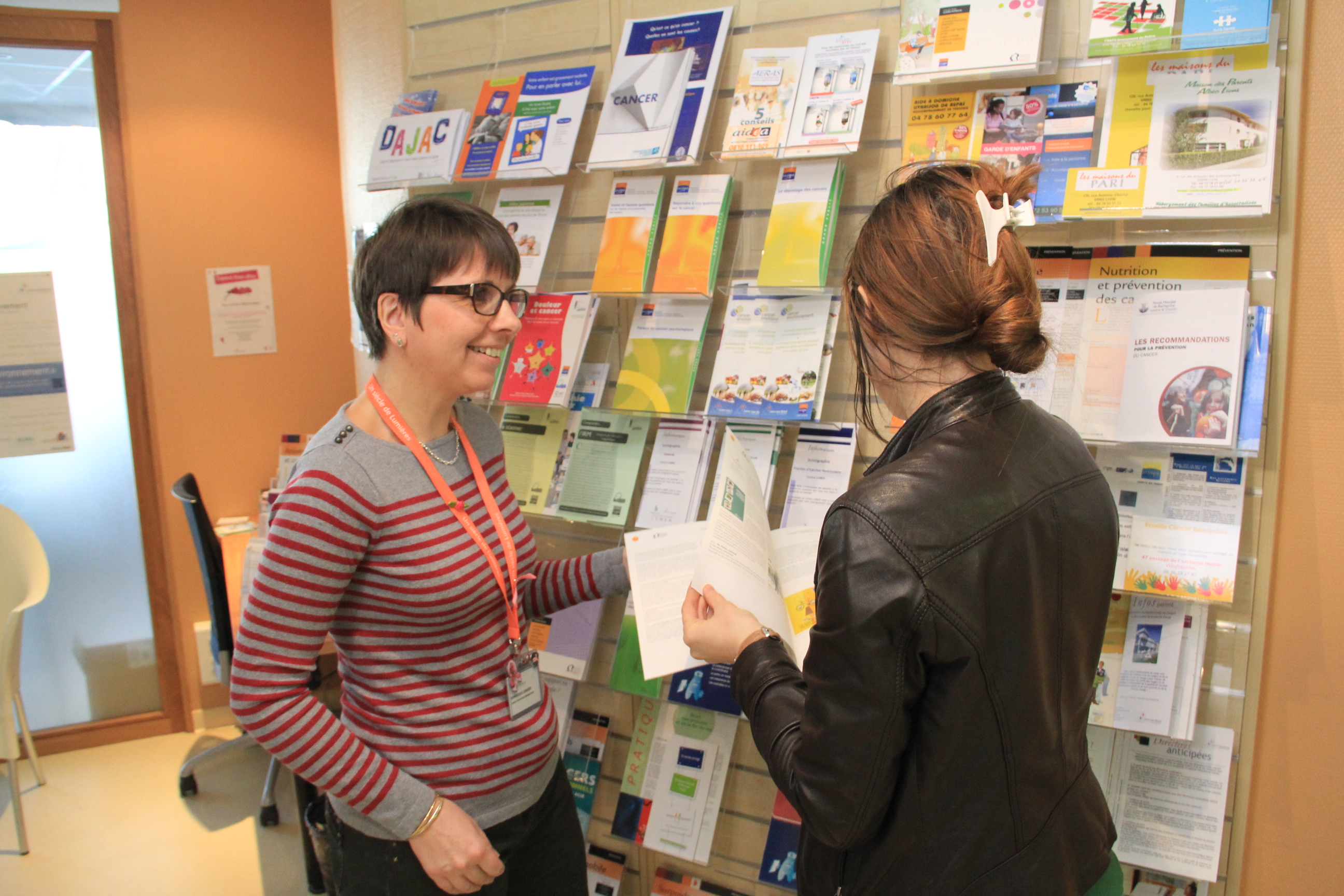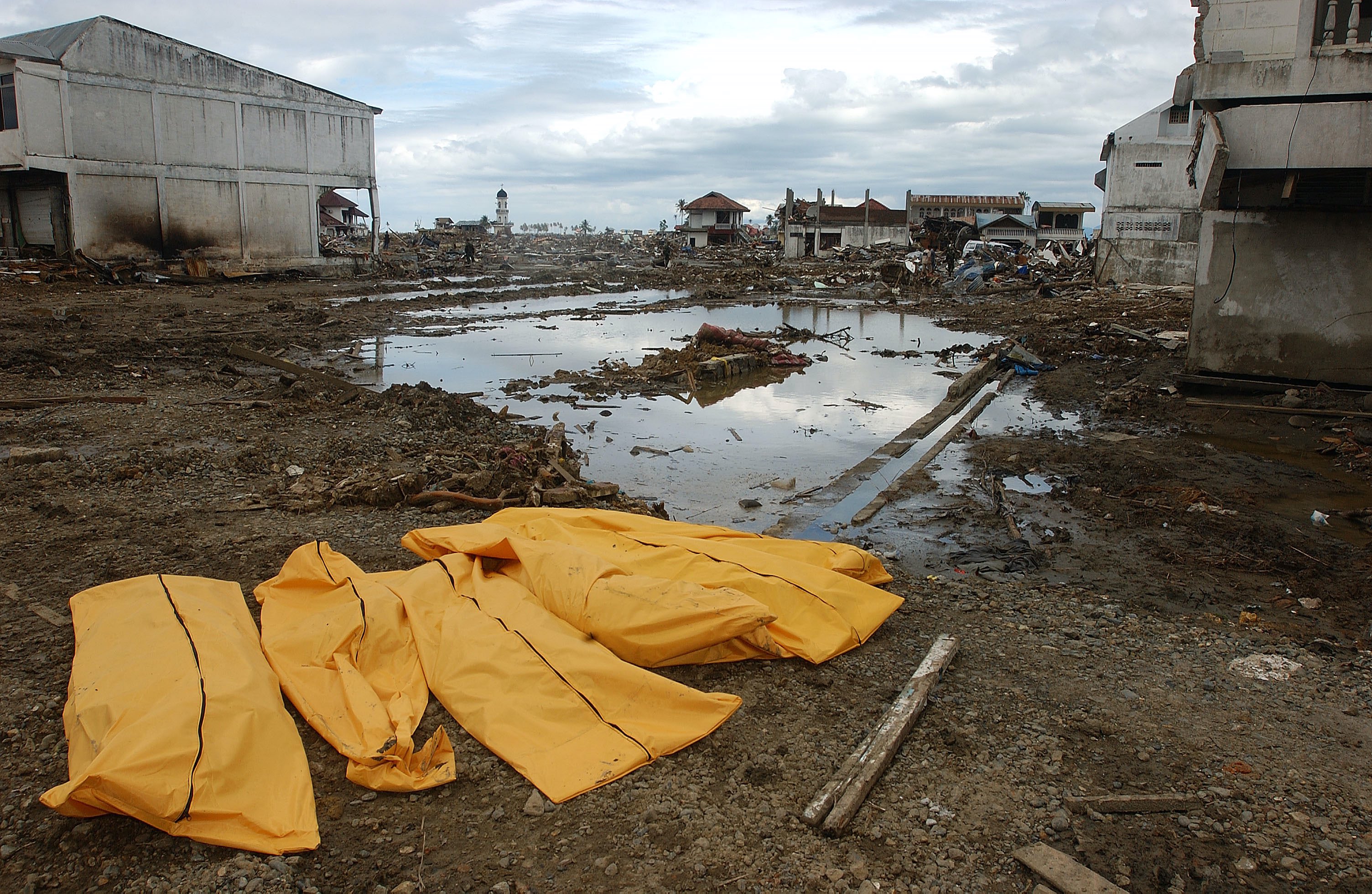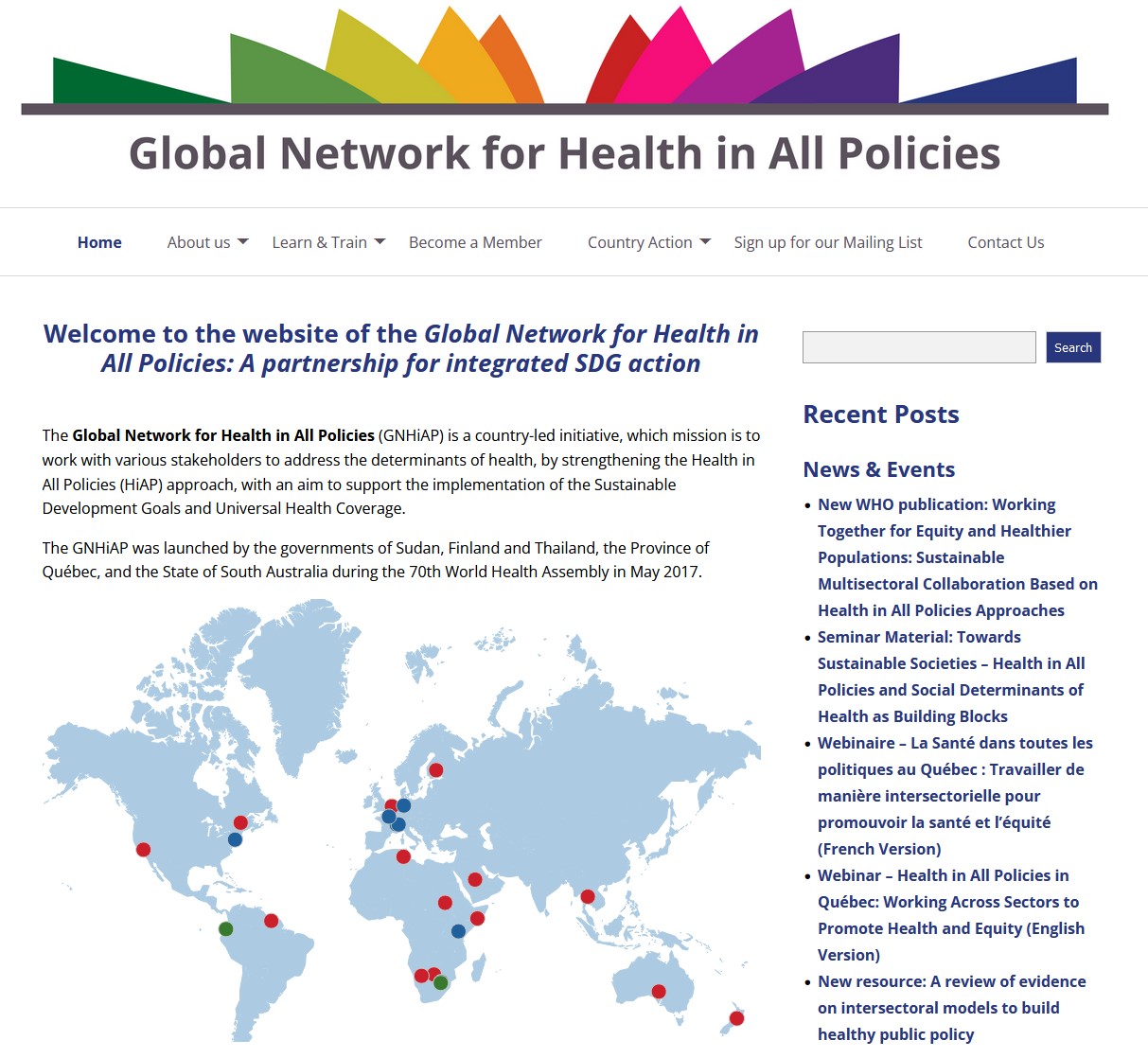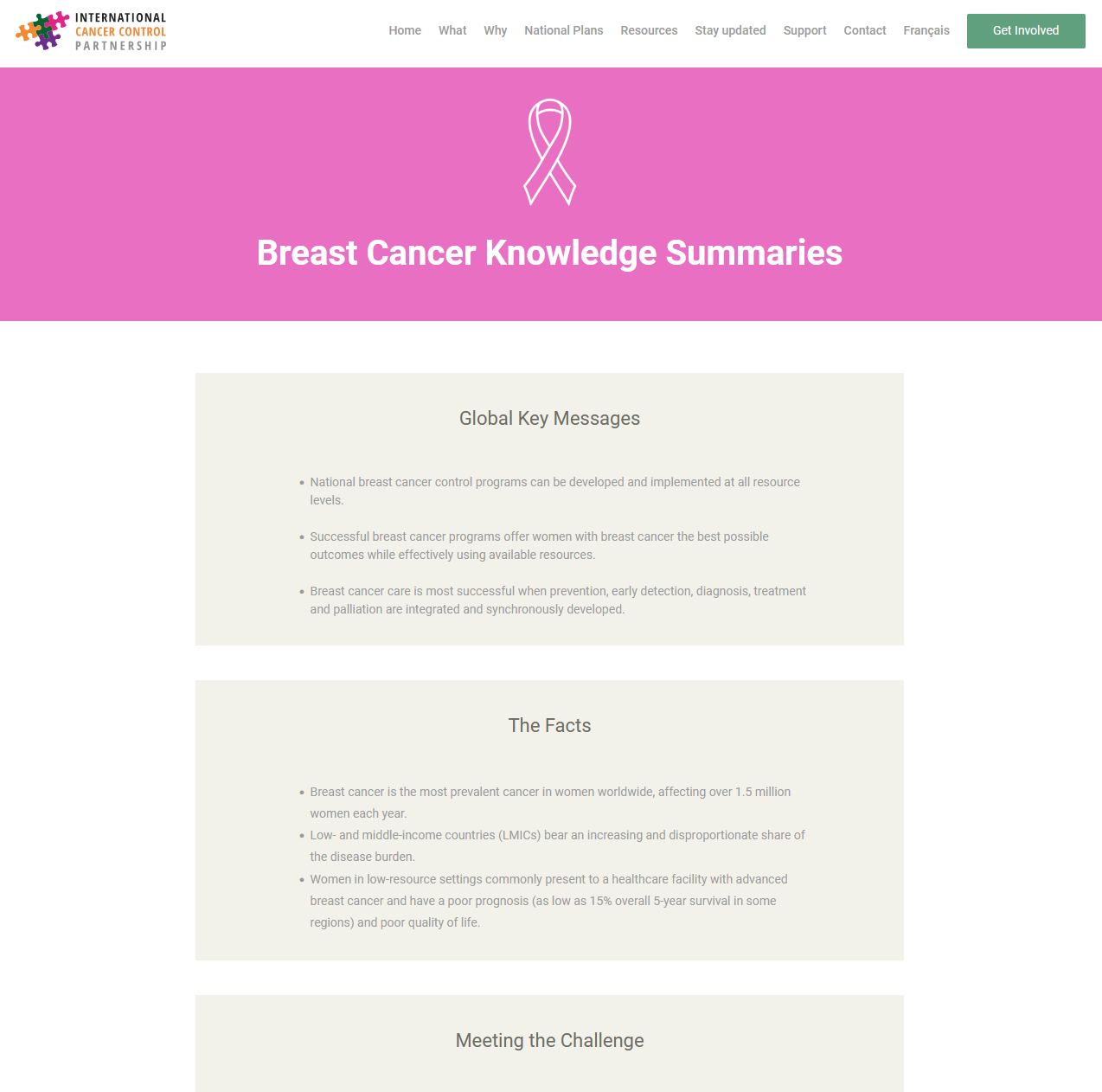World Health Organization
Noncommunicable disease document repository
Database
12 Nov 2018
Launched in September 2016, this NCD document repository provides access to over 2900 documents containing NCD targets, policies, and guidelines submitted by Member States to WHO.

